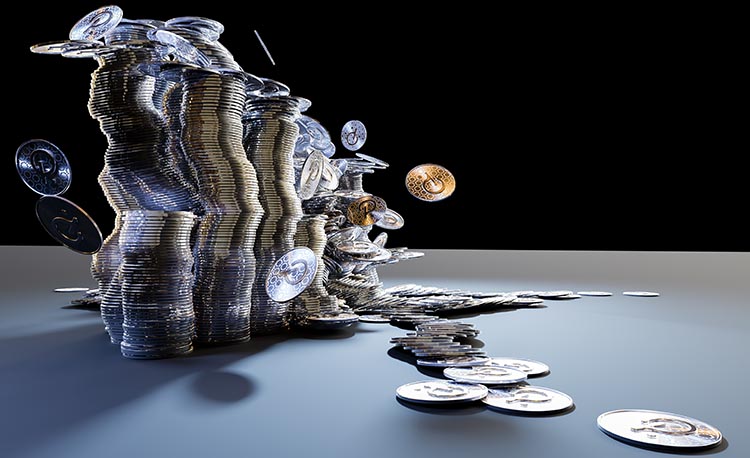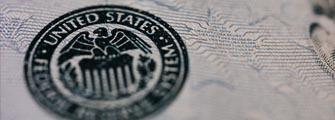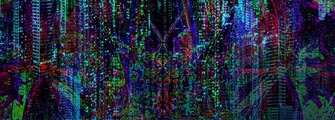
- DAO stands for Decentralized Autonomous Organization, a business structure that uses blockchain technology to govern itself democratically.
- Sometimes, DAOs are referred to as DACs, or Decentralized Autonomous Corporations.
- DAOs are sometimes called “trustless systems” because they don’t require centralized coordination.
- DAOs eliminate the principal-agent dilemma, which posits that conflicting personal interests always have the power to corrupt a financial transaction.
- Immutable smart contracts serve as the main decision-making engine of DAOs.
- Well-known examples of DAOs include TheDAO, Bancor, and Digix.
- The concept of DAOs pre-date Bitcoin.
- DAOs don’t have a central power body, making it a true example of democratic technology.
- Though rare, it’s possible for DAOs and blockchains in general to be hacked.
- One of the most well-known blockchain hacks was done to The DAO. About $60 million in Ether was stolen. Ultimately, the blockchain was forked to restore the funds.
- One of the biggest downsides of DAOs is that if something goes wrong, there’s no one to hold accountable, which can present unique legal and practical risks.
- DAOs are primarily dependent on objective machine learning, which is attractive for many initiatives.
- In theory, if implemented correctly, DAOs can reduce costs and increase efficiency, which could revolutionize the market.
- DACs’ legal status is still unclear on a federal level.
- Wyoming was the first state to recognize DAOs as legal entities.
- The Ethereum blockchain is said to meet the Turing threshold and therefore ideal for DAOs.
- American CryptoFed DAO was the first DAO recognized as a legal entity in the United States.
- DAO blockchains can run via a proof-of-work or proof-of-stake network model.
- The Kelly Law Firm handles DAO legal matters.
Use the form below to get in touch. We’ll be in touch within 24 hours.





